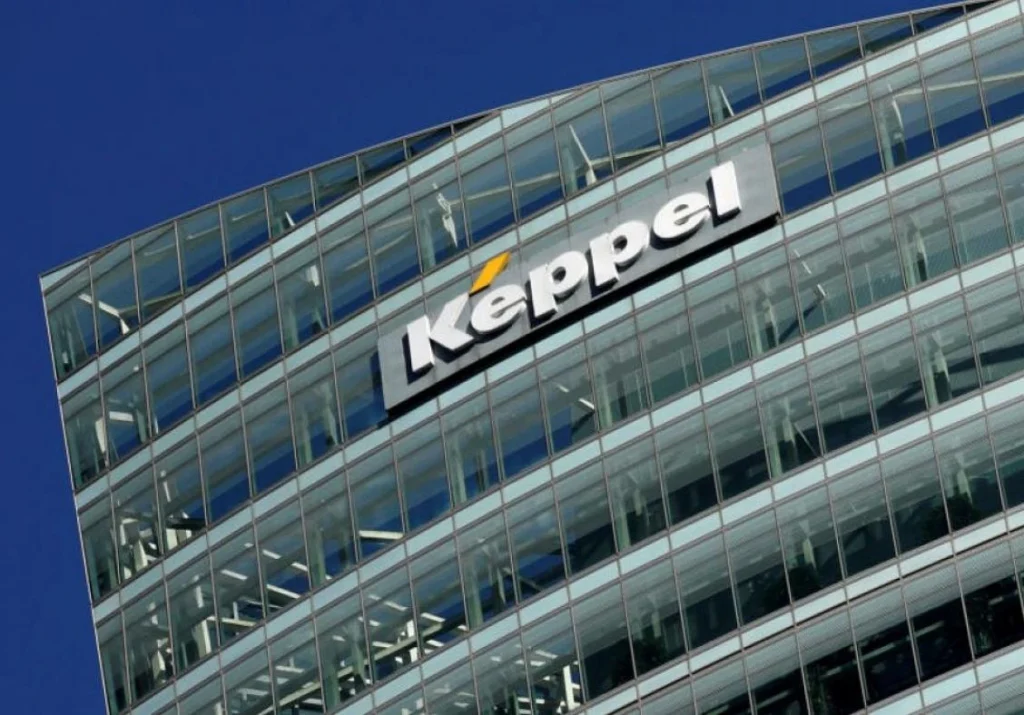- Keppel will receive approx USD 778 million in net cash from the sale of its 83.9 per cent stake in M1’s telecom operations to Simba Telecom.
- The deal allows Keppel to concentrate on high-growth ICT businesses—data centres and subsea cables—while consolidating Singapore’s telco market.
What happened: Keppel Corporation is divesting stake in Singapore’s M1 telecom arm to Simba Telecom
Singapore’s Keppel Corporation has agreed to sell its 83.9 per cent holding in the telecommunications arm of its subsidiary, M1 Ltd, to local operator Simba Telecom (a unit of Australia-listed Tuas Ltd), in a transaction with an enterprise —equivalent to approximately 1.11 billion—including debt. Keppel is set to receive in net cash 778 million from the deal.
Crucially, Keppel will retain M1’s non-telecom businesses—its information and communications technology divisions, including data centres and subsea cable assets. The sale comes at an estimated accounting loss for Keppel of $222 million. The proceeds are expected to be used to reduce debt, potentially reward shareholders and support future growth opportunities.
Simba Telecom, currently Singapore’s fourth-largest mobile operator, will significantly strengthen its market position by merging with M1, the third-largest. The combined entity is poised to become a far stronger player in the telecommunication sector. The acquisition is expected to close in the coming months, pending regulatory approval from Singapore’s Infocomm Media Development Authority (IMDA).
Also read: South Korea plans world’s largest AI data hub
Also read: DigitalBridge CEO on AI infrastructure and investment trends
Why it’s important
This transaction marks a major shift in Singapore’s telecommunications landscape. By combining M1’s cloud-native network and digital infrastructure with Simba’s agile, consumer-centric model, the deal promises greater efficiency, enhanced service quality and advanced 5G and broadband expansion—benefitting both industry and consumers.
For Keppel, the move signifies a strategic pivot towards an asset-light model focused on digital infrastructure—areas such as subsea cables and data centres that were retained in the deal. The flexibility afforded by the cash inflow is anticipated to enhance its return on equity and support a potential re-rating in markets.
Moreover, the consolidation reflects regulatory and competitive shifts in Singapore’s telco industry, where scale and tech-driven differentiation are becoming increasingly vital. Should approval be granted, Simba-M1 could emerge as a formidable challenger to incumbents like Singtel and StarHub.

